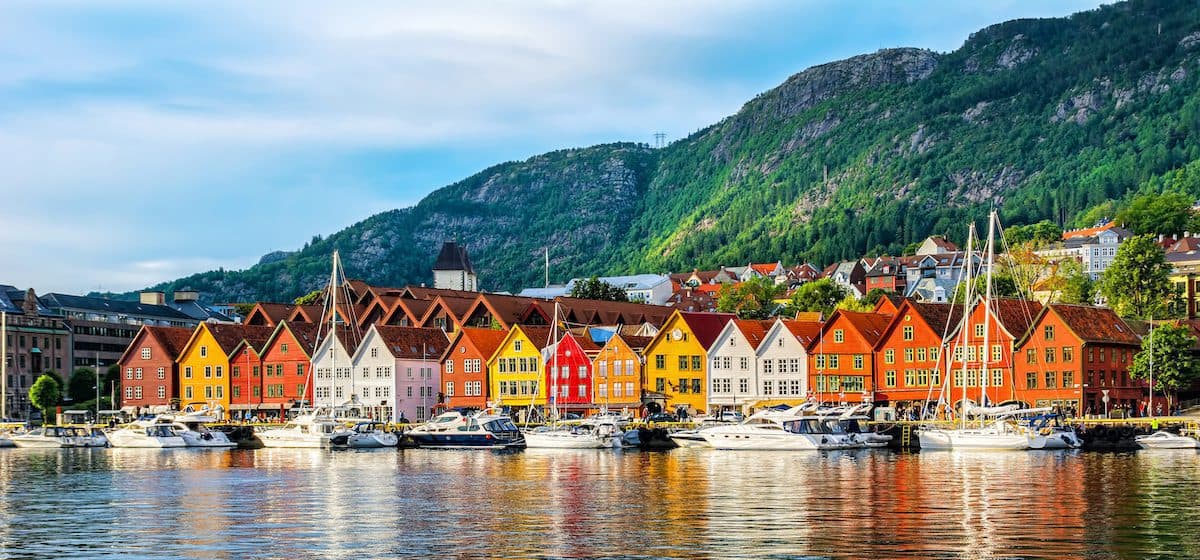Norwegian Oil Giant Aker Makes Long Play for Bitcoin
Aker ASA, a 180-year-old Norwegian industrial holding company with ownership in oil and gas services companies, has created a unit dedicated to investing in bitcoin. The unit, called Seetee AS, is launching with about $58.6 million, will keep its liquid assets […]

Bergen, Norway. Source: Shutterstock
- 180-year-old Norwegian industrial holding company has created a unit dedicated to investing in bitcoin.
- The unit, called Seetee AS, is launching with about $58.6 million, and will keep liquid assets in bitcoin
Aker ASA, a 180-year-old Norwegian industrial holding company with ownership in oil and gas services companies, has created a unit dedicated to investing in bitcoin.
The unit, called Seetee AS, is launching with about $58.6 million, will keep its liquid assets in bitcoin and is already running open source bitcoin payment servers, chairman Kjell Inge Rokke, who’s also Norway’s second-richest person, said in a shareholder letter Monday.
With the launch of Seetee, Aker is positioning itself “in the middle of an industry that could define the next several decades, much like the internet has done since the early 1990s,” Rokke said in the letter.
Norway is the 14th-largest oil exporter in the world and the Norway Government Pension Fund (also known as the Norwegian oil fund) is the world’s largest sovereign wealth fund, with $1.3 trillion dollars in assets under management.
Seetee plans to invest in companies and projects that contribute to the bitcoin ecosystem; establish mining operations that transfer stranded renewable energy like wind, solar and hydro power to economic assets; and form partnerships with bitcoin and blockchain companies.
Learn more about today’s news: sign up for our daily newsletter by Tyler Neville and understand the crypto market in 5 minutes
In the letter, Rokke also said that Seetee formed a partnership with Blockstream, which focuses on bitcoin-based financial infrastructure and applications. Blockstream’s leadership includes Adam Back, the inventor of Hashcash, a 1997 precursor to Bitcoin.
“Many large companies are victims of their own success and end up small or defunct,” Rokke said in the letter. “I will do everything I can to keep Aker curious, innovative, and able to keep up with the times.”
The $6 billion Aker is listed on the Oslo Stock Exchange. In addition to oil and gas it controls companies in renewable energy and green technologies, maritime assets, marine biotechnology and industrial software.






